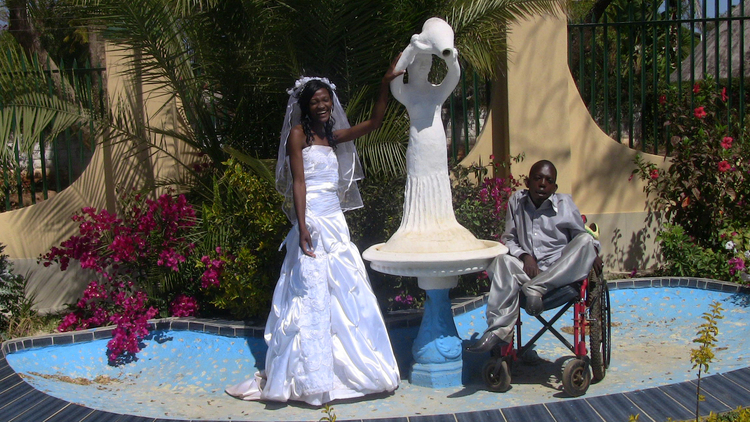
The Sunday Mail

Dr Christine Peta
Disability Issues
THERE is a paradigm shift in Zimbabwe, where we are moving from the outdated charity model of disability that regards persons with disabilities as good-for-nothing beings.
Under this outdated model, persons with disabilities are only considered as people who passively sit around and wait to receive alms from others — for which they must be grateful.
Zimbabwe has since embraced the human rights approach, which asserts that persons with disabilities have a right to work.
The Government has, therefore, stepped up its efforts of creating opportunities for persons with disabilities to take up employment in various sectors at all levels, as well as to establish and sustain self-reliance projects of their choice.
The National Disability Policy (NDP), which was launched by President Mnangagwa in June 2021, has a section that is dedicated to economic empowerment and self-reliance of persons with disabilities, which includes their right to work.
Why is it important for persons with disabilities to work?
When persons with disabilities work, they earn an income and that means they have money to buy food and clothes, as well as pay for housing and other things they need.
At work, persons with disabilities can learn new skills or get better at things they are already able to do.
When persons with disabilities are integrated in the formal or informal sectors, they actively and meaningfully participate in community life. As a result, they contribute towards making their communities better.
The presence of persons with disabilities in the labour market means they work alongside those without disabilities, thus reducing their isolation.
In addition, persons with disabilities in workspaces help everyone to embrace differences and to see that “disability is not inability”.
Our NDP, among other things, addresses issues that relate to persons with disabilities having regular jobs, accessible workplaces, non-discrimination, reasonable accommodation, fair working conditions, work training, self-employment and protection from abuse at work.
That is not to say all persons with disabilities are able to work.
It simply means those who are unable to work, including those with severe disabilities, are supported by the Government in various ways.
For example, the Department of Disability Affairs takes cognisance of the fact that disability is a family affair.
Accordingly, parents of children with severe disabilities are embraced in community livelihood programmes because their care giving role hinders them from taking up employment in places that are far away from home.
The United Nations Convention on the Rights of Persons with Disabilities (UNCRPD) asserts that persons with disabilities should work alongside those without disabilities in regular jobs.
That, therefore, means persons with disabilities should not be made to work in sheltered workshops.
Sheltered workshops are places where all the workers are persons with disabilities. This scenario is against the provisions of the UNCRPD, which upholds the principle of supported employment, as opposed to sheltered workshops.
Some people argue that sheltered workshops are good as they can be used to prepare persons with disabilities to enter the labour market.
But inclusive workplaces and supported employment open wider doors of human interaction, exposure and skills development.
Supported employment means someone shows a person with disabilities how to do the job and supports them, thus helping to sustain real jobs.
The Government has so far taken a number of positive measures that promote the employment of persons with disabilities.
The NDP directs all employers to ensure they also hire persons with disabilities.
Tax measures have been put in place to ensure organisations that hire persons with disabilities pay less tax.
The Department of Disability Affairs offers relevant support to both employers and employees. However, some employers are still hesitant to hire persons with disabilities because of a fallacious belief that in the case of misconduct, they will not be able to discipline them because of their condition.
The bottom line is, while we should all promote the right of persons with disabilities to work, such rights should also have corresponding duties by such people to other individuals, the employer and the State.
The reality is that disability does not mean one is innocent of thoughts, intentions and practices of misconduct.
Just like everyone else, persons with disabilities may also engage in various acts of misconduct in the workplace. As such, the same disciplinary measures meant for persons without disabilities should also apply to those with disabilities.
Despite the challenges associated with inclusive employment, the Government is emerging victorious in facilitating the realisation of the right of persons with disabilities to work, thus enabling them to fend for themselves and their families, as well as to contribute to the development of their communities and the nation.
Dr Christine Peta is a disability, policy, international development and research expert. She is the national director of Disability Affairs in Zimbabwe. She can be contacted on: [email protected]






